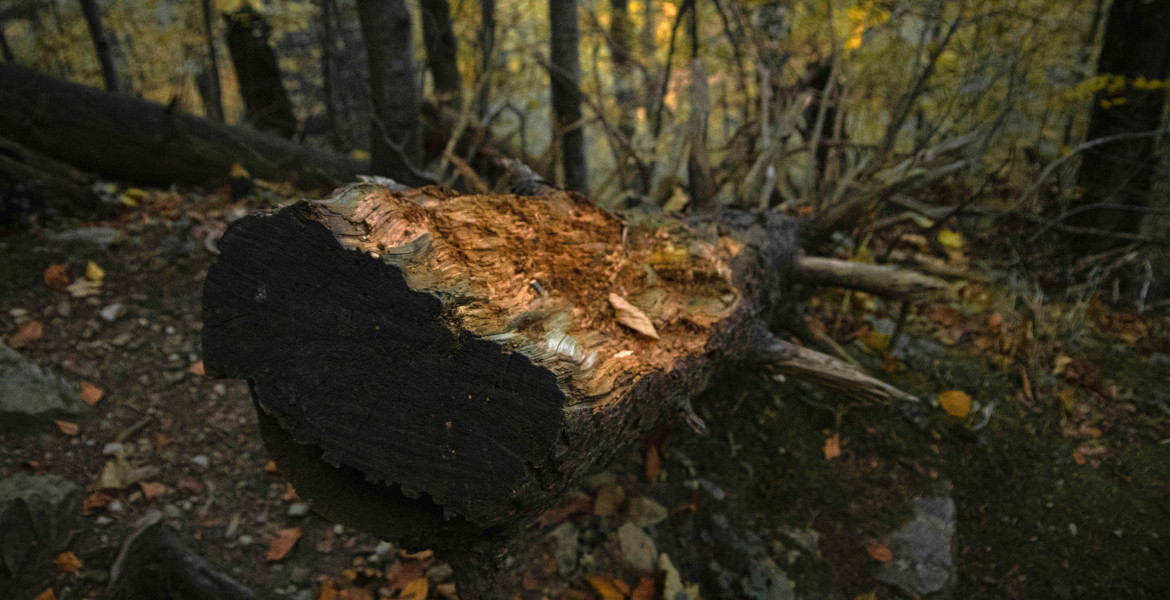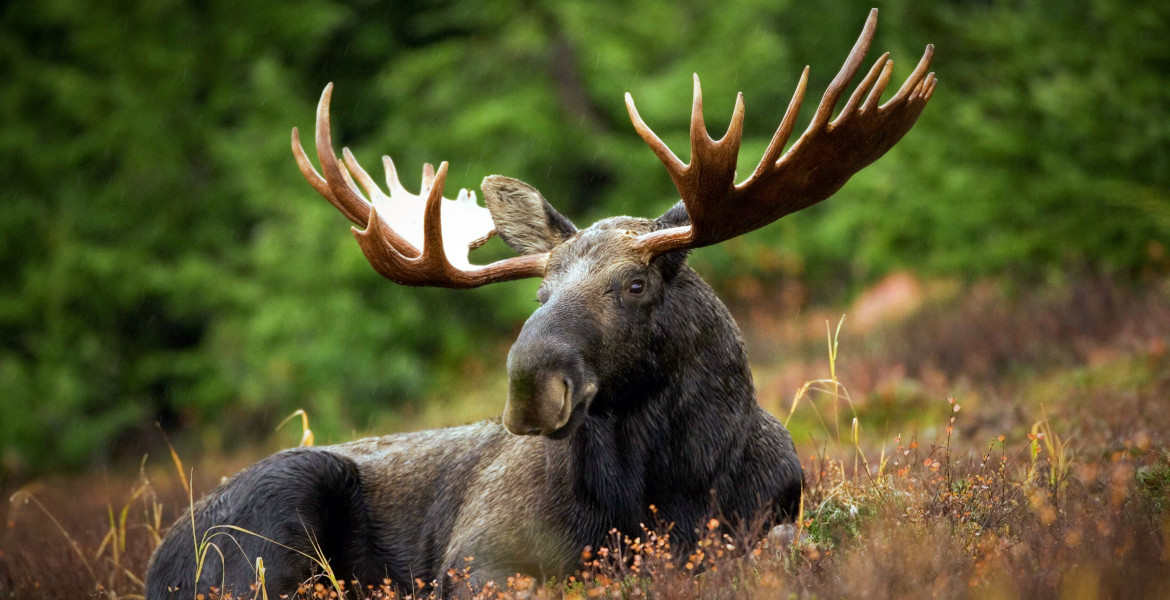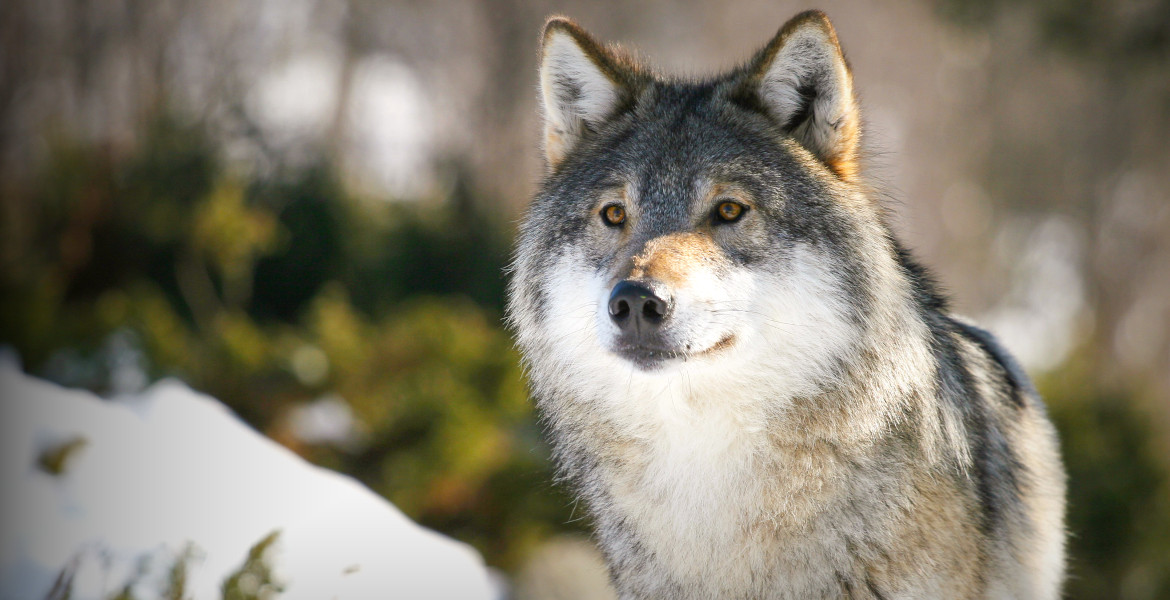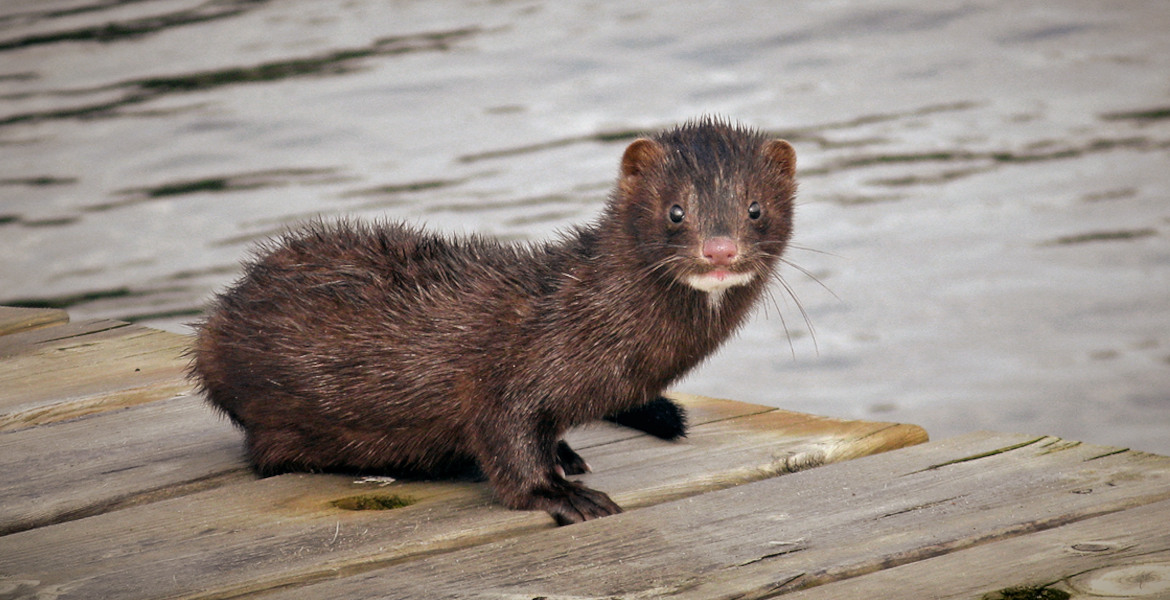Swedish energy giant Vattenfall is facing fierce criticism over its investment in wind turbines in a Scottish forest.
Conservationists say the logging will affect the habitat of the European wildcat.
The European wildcat, also known as the Scottish wildcat, is the last wild cat in the British Isles. The exact number of wildcats remaining in Scotland is unclear, but the species is considered ‘functionally extinct’ – meaning it is so rare that it no longer plays an important ecological role in its ecosystem.
The Clashindarroch Forest in eastern Scotland, covering 59 square kilometres, is one of the few areas where the wildcat still lives. In 2015, Vattenfall was granted permission to build an 18-turbine wind farm in the forest, and in 2020 the company applied to build a further 14 turbines. The application was met with strong opposition, particularly from the Wildcat Haven organisation, which works to protect wildcats.
The forest is described as a very dense spruce forest with few tracks, but it also contains older broadleaved trees. The forest also has high biodiversity with other threatened species such as otters, hawks, red squirrels and a number of bat species.
“It’s absurd”
Wildcats need large forests of mature trees with cavities where they can den and protect their young. According to Wildcat Haven, Vattenfall’s planned logging would seriously harm the wildcat, and the increased human presence would also affect the wildcat, which is extremely shy by nature. They also accuse the company of so-called “greenwashing”.
– They claim that it is okay to log Clashindarroch because they are planting trees elsewhere. So what are the wildcats supposed to do. Wait 20 years for the trees to grow and then move? It’s absurd and it’s just greenwashing, founder Paul O’Donoghue told Natursidan.
– In short, Vattenfall is threatening the future existence of the Scottish wildcat, which is the world’s rarest feline, O’Donoghue continues.
Vattenfall claims to have done enough research on the wildcat and says it will take the species into account when harvesting forests.
Despite the protests, the Scottish government approved Vattenfall’s application, prompting Wildcat Haven to take legal action to stop the project. Their first attempt was rejected in court, but in March this year the decision was appealed and the case is now expected to be retried.
European wildcat (Felis silvestris silvestris)
The Scottish wildcat is not currently classified as a separate species, but is 'lumped' with the European wildcat, which is a subspecies of wildcat (Felis silvestris).
The Scottish wildcat is often called the tiger of the Highlands and is an extremely shy species. It usually lives in deciduous or mixed forests where it hunts small rodents.








